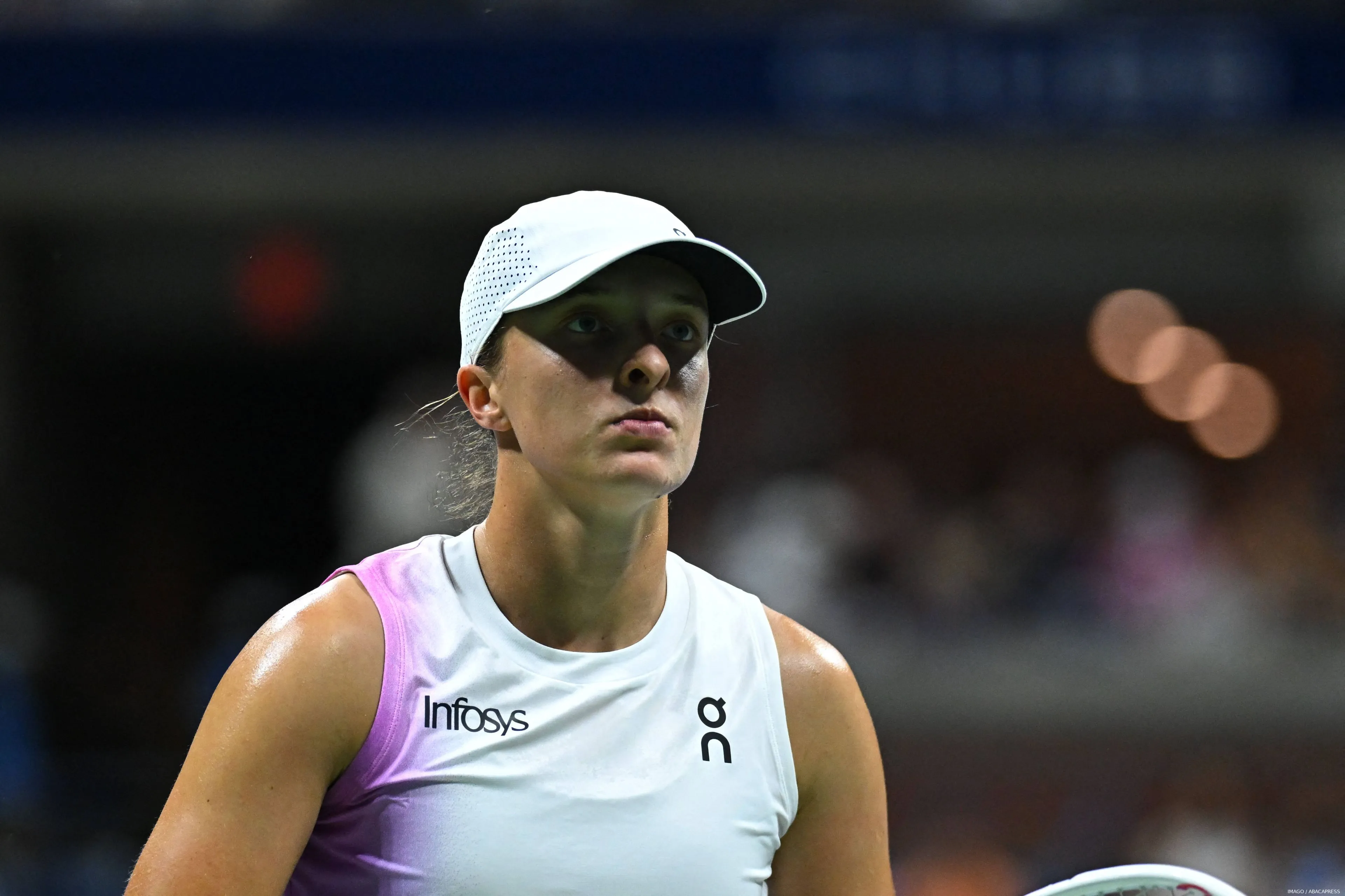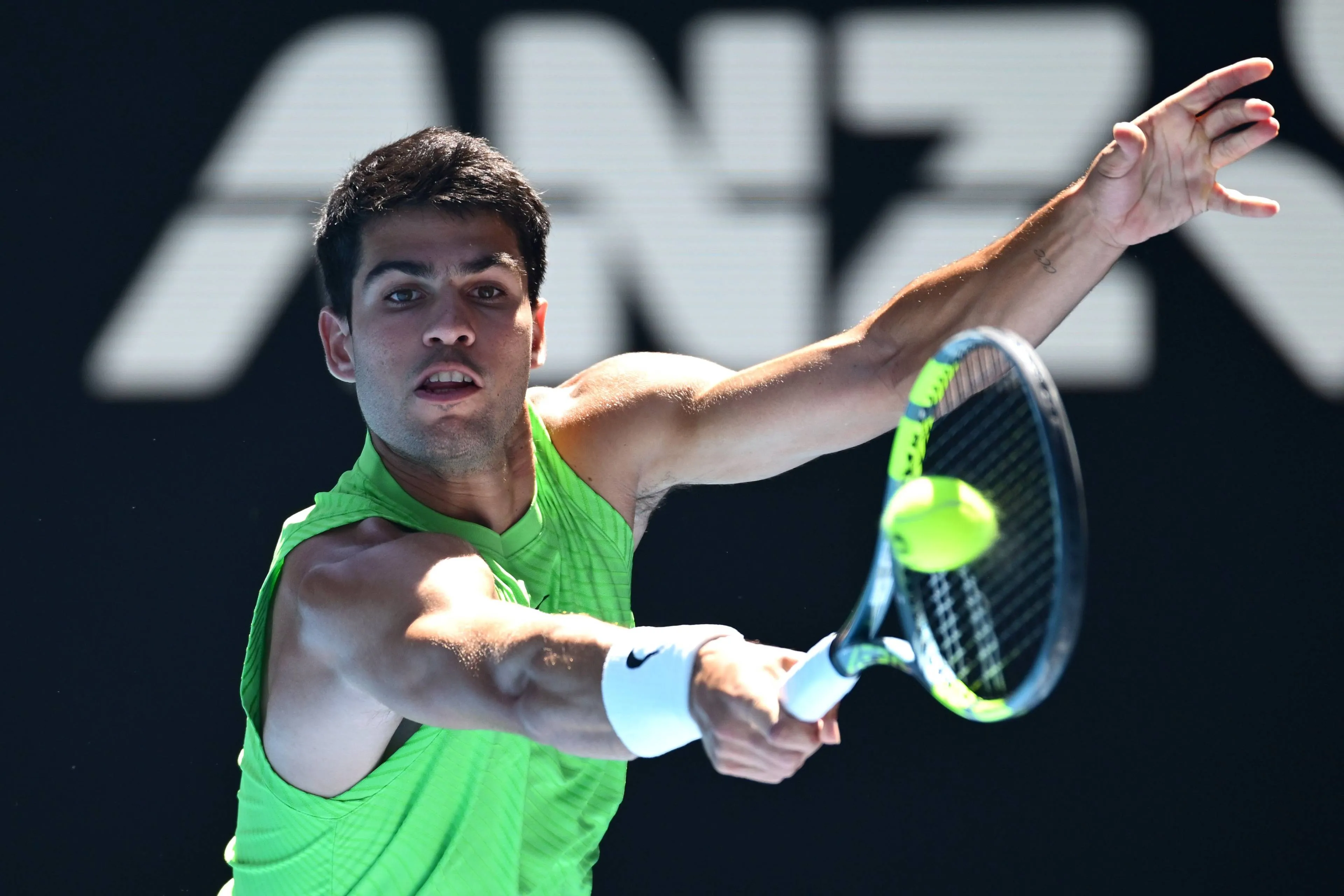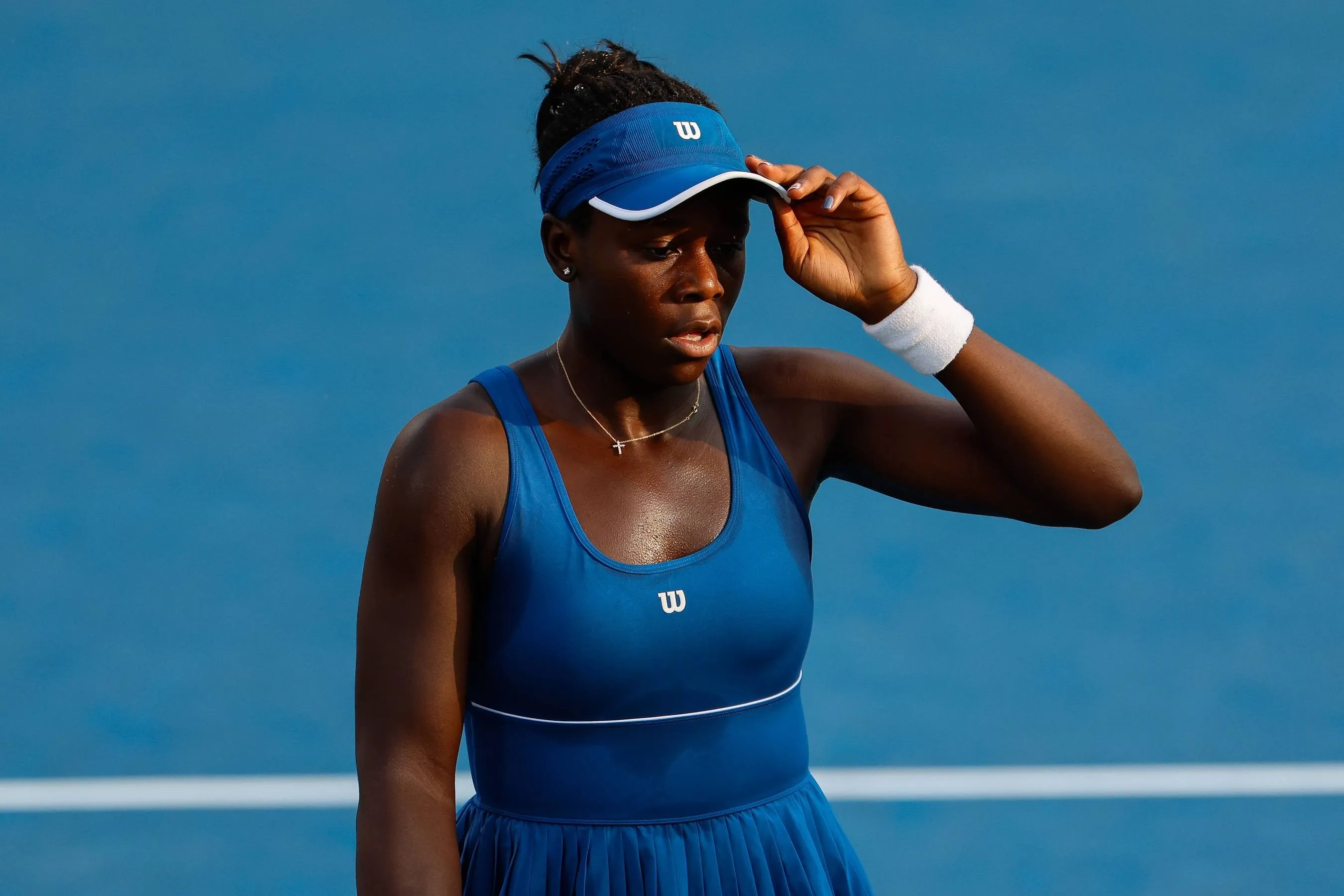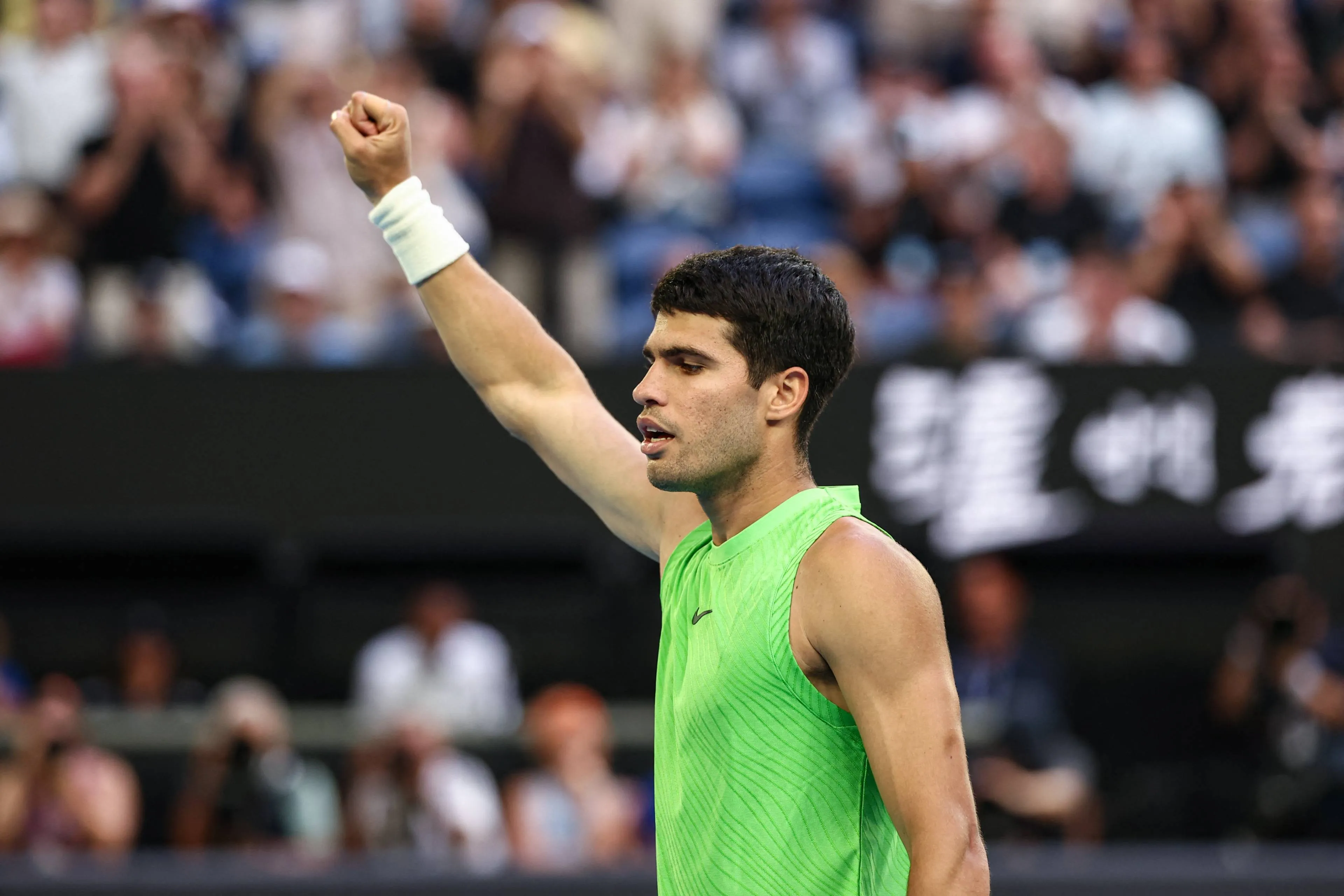Swiatek's Doping Ban Leads To More Anger About Lack Of Transparency In Cases
NewsThursday, 28 November 2024 at 20:50

Iga Swiatek's suspension after testing positive for a banned substance, a few months after news also broke about Jannik Sinner's positive tests, has led to more frustration about the lack of transparency surrounding cases.
Swiatek missed the entire Asian swing in September and October. She returned after almost two months on the sidelines at the WTA Finals and finished 2024 by reaching the semifinals with Poland at the Billie Jean King Cup Finals.
However, the reasons for the world No. 2's absence from all Asian tournaments only became public on Thursday. Swiatek accepted a one-month suspension after she tested positive for the prohibited substance trimetazidine.
An out-of-competition sample the four-time French Open champion provided on August 12th led to her testing positive. That was just three days before Swiatek's opening match at the Cincinnati Open.
The International Tennis Integrity Agency (ITIA) provisionally suspended her on September 12th. Ten days later, Swiatek appealed it, explaining that a non-prescription medicine had been contaminated with the banned substance.
Testing done by the Sports Medicine Research and Testing Laboratory confirmed Swiatek's explanation, and her provisional suspension was lifted on October 4th. Since the 23-year-old already served part of the one-month ban, she can return at the start of 2025.
Swiatek will be relieved that the suspension is short after she proved the positive test resulted from contamination, but the story raises the issue of transparency in cases.
For the second time in 2024, one of the top players in the world had their case kept private until a verdict was reached. The ITIA did a private five-month investigation into Sinner's doping case before announcing he had been cleared.
Sinner's saga did not end there, though. The World Anti-Doping Agency appealed the decision to clear him and argued that a ban of between one and two years would be an appropriate punishment for testing positive for clostebol.
Similarly, Swiatek's initial suspension and successful appeal were not known at the time. Fans only discovered the Pole had tested positive for a prohibited substance when she accepted the one-month ban.
Read also
The lack of transparency is demonstrated by the excuses given for Swiatek's inability to compete at tournaments during the Asian swing. She would have played the WTA 1000 tournaments in Beijing and Wuhan were it not for the provisional suspension.
However, the Wuhan Open's official social media pages gave Swiatek's coaching change as the reason. The former world No. 1 officially parted with Tomasz Wiktorowski at the start of October. He was replaced by Naomi Osaka's former coach, Wim Fissette.
The governing bodies in charge of managing cases might benefit from clearly explaining the rules to fans. Sinner's case was not initially made public because he did not receive a provisional suspension, but Swiatek's case was also kept private even though she did receive a provisional ban.
Swiatek's appeal within ten days meant she avoided a provisional suspension, but fans have been left confused about why some cases are different from others. More clarity would be a positive move.
Polish journalist Damian Kust was one of those to mention the lack of transparency in the doping cases in tennis, and Portuguese journalist Jose Morgado also wasn't happy about the transparency in this case, with many fans sharing the sentiment.
"Well, now we know why Świątek wasn't competing in Beijing and Wuhan. Both Sinner and Iga being involved in something like this in one season further showcases the transparency issues with the entire process."- Damian Kust
"Again, not much transparency in these situations. Like in the Sinner's case, I hope we move on and they can play as tennis is MUCH BETTER with both of them, but all of this is a terrible look for the sport."- Jose Morgado
Read also
Loading








